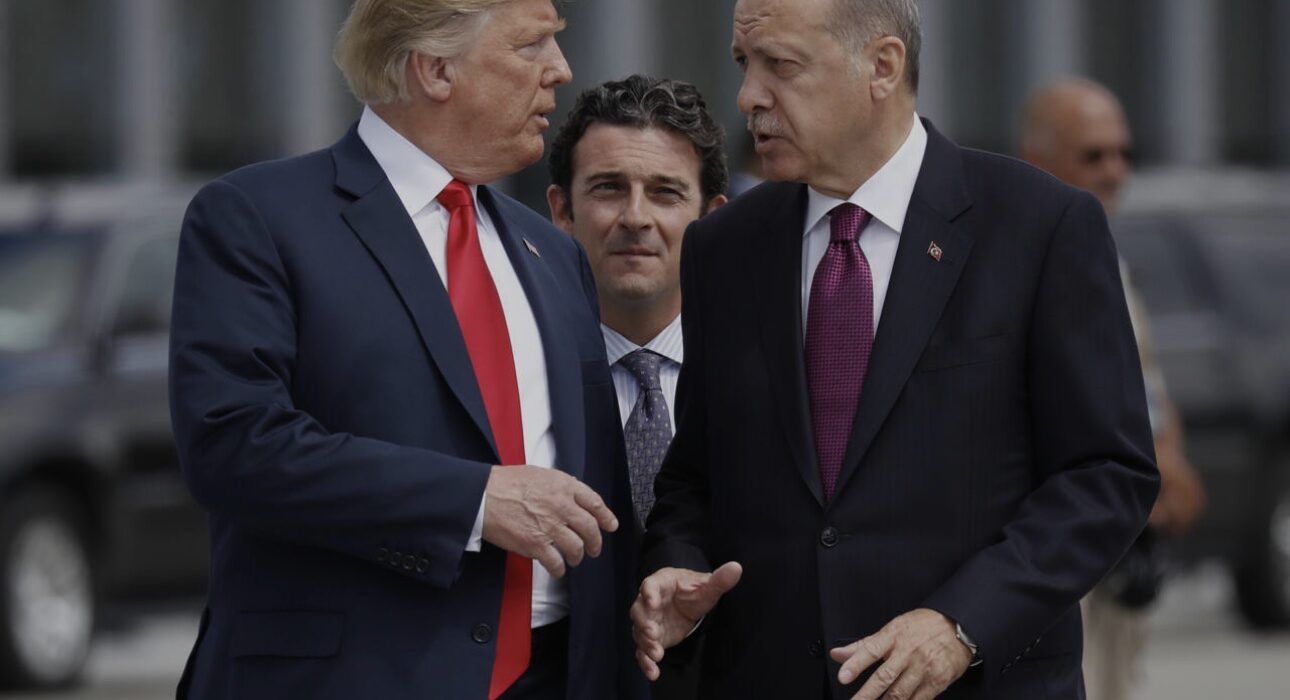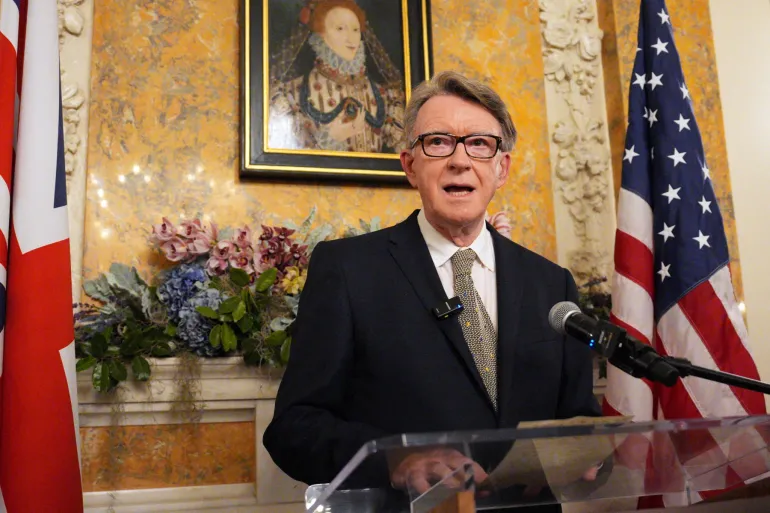Trump Armtwists Erdogan to Halt Russian Oil Purchases Amid U.S.–Turkey Parley

U.S. President Donald Trump has urged his Turkish counterpart, Recep Tayyip Erdogan, to stop buying oil from Russia, in what is seen as part of Washington’s efforts to tighten economic pressure on Moscow over its war in Ukraine.
The appeal came during a high-profile meeting at the White House, where both leaders discussed defense cooperation and broader geopolitical ties.
Speaking alongside Erdogan, Trump declared, “I’d like to have him stop buying any oil from Russia while Russia continues this rampage against Ukraine.”
The statement underscores Washington’s renewed push to curtail Russia’s energy revenues, which remain a key lifeline for its war effort.
The talks also touched on the long-standing friction over Turkey’s removal from the U.S. F-35 fighter jet program in 2019 after Ankara’s purchase of Russia’s S-400 missile defense system.
Trump hinted at the possibility of lifting sanctions and restoring Turkey’s access to the advanced jets, saying he believed Erdogan would be “successful in buying the things that he wants to buy,” provided negotiations make progress.
Turkey has maintained close energy ties with Russia, continuing to import oil and gas despite Western sanctions. Analysts note that Ankara’s strategic location and its balancing act between Moscow and NATO allies make the issue especially sensitive.
While Turkey has supported Ukraine in some areas — including supplying Bayraktar drones — it has resisted cutting economic links with Russia.
The White House meeting is being seen as part of Trump’s broader strategy to reset ties with Turkey while simultaneously tightening the economic vise on Moscow. U.S. officials argue that reducing Russian oil sales is central to weakening the Kremlin’s ability to fund its military campaign.
Whether Erdogan heeds Trump’s call remains uncertain.
Energy contracts, infrastructure, and Ankara’s delicate geopolitical balancing are likely to complicate any abrupt shift away from Russian oil.
For now, the discussions signal a potential thaw in U.S.–Turkey relations, tied closely to both defense cooperation and the wider contest over Russia’s role in global energy markets.









